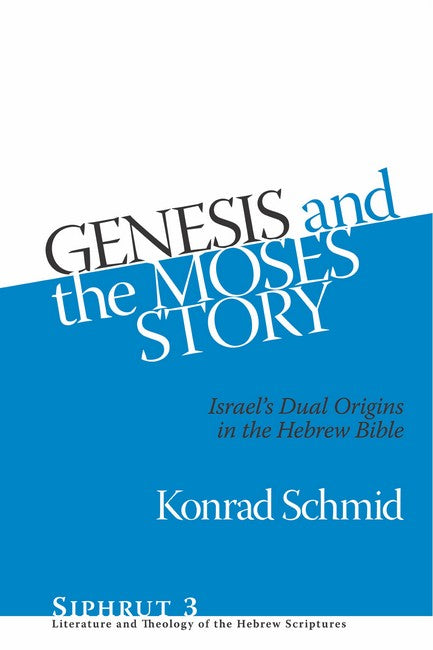Preface
1. Introduction: Ancestors and Exodus in the Historical Books of the Hebrew Bible
1.1. The Temporal Sequence in the Historical Books of the Hebrew Bible
1.2. The Sequence of the Ancestors and the Exodus
1.3. Preliminary Considerations
2. Analytical Investigation: Markers of the Original Independence of the Ancestor Story and the Moses/Exodus Story within Genesis–2 Kings
2.1. Literary Indicators in Genesis–2 Kings for Dividing Genesis from Exodus
2.2. Additional Indicators for the Division of the Ancestor Story and the Exodus Story
2.3. The Ancestor Story as an Independent Text Complex
2.4. The Moses/Exodus Story as an Independent Text Complex
2.5. The Problem of the Primeval Story
3. Synthetic Reconstructions: The Merger of the Ancestor Story with the Moses/Exodus Story and the Development of the Image of History in Genesis–2 Kings
3.1. The Ancestor Story as Preface to the Moses/Exodus Story
3.2. The God of the Ancestors as the God of the Exodus
3.3. The Fulfillment of the Promises to the Fathers
3.4. The Death of Joseph and the Oppression of Israel in Egypt as a Theological Link between Genesis and Exodus
3.5. Redaction-Historical Contours of the Literary Connection of the Ancestor Story and the Moses/Exodus Story
3.6. Theological Aspects of the Unified Ancestor and Moses/Exodus Story
4. Repercussions: The Sequence of Ancestors and Exodus in Intertestamental and New Testament Reception.
4.1. Reception within the Hebrew Bible
4.2. Later Receptions
4.3. Summary
5. Conclusion: Position in the History of Research
5.1. Summary
5.2. Models for the History of the Literary Development of Genesis–2 Kings
5.3. Continuity and Discontinuity with Other Models
Bibliography
Indexes
Index of Authors
Index of Scripture

